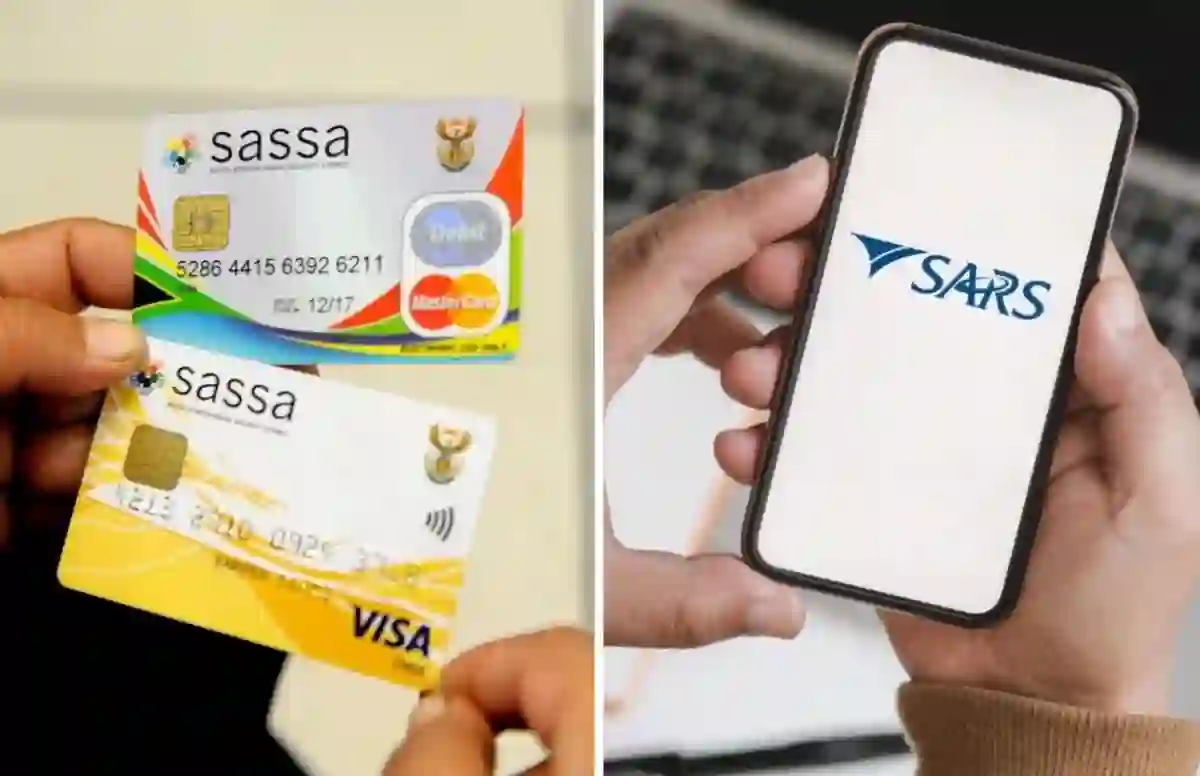Let’s step back for a moment. Imagine handing someone R1,000 as a gift, only to ask for R200 of it back moments later.
That’s essentially what South Africa’s tax system is doing right now—especially when it comes to government employees and recipients of SASSA grants.
A new analysis is stirring up debate, questioning whether these groups should even be taxed in the first place.
The Numbers Behind the Tax Puzzle
According to fresh data from the South African Revenue Service (SARS), the country collected a whopping R1.1 trillion in tax revenue during the 2024/2025 fiscal year.
Out of that total, a significant R267 billion came from taxes paid by government workers and SASSA grant recipients—through both Personal Income Tax (PIT) and Value-Added Tax (VAT).
So here’s the head-scratcher: The government is essentially giving money to people through salaries and grants, then taking a big chunk of it right back through taxation.
Should SASSA Beneficiaries Be Tax-Free?
Supporters of tax exemption for these groups argue the system is flawed.
According to the Daily Investor, this constant back-and-forth of money is simply inefficient.
Economists have pointed out that taxing money the government hands out—only to reabsorb it later—is like shifting money from one pocket to the other.
It doesn’t create value, and it adds unnecessary administrative layers.
In fact, 45% of South Africans currently receive some form of government grant, making this a major piece of the budget.
After interest payments on national debt, it’s the second-largest expense.
Why Isn’t This Already Happening?
Here’s where things get tricky. Although exempting these groups might sound logical on paper, it’s not so easy in practice.
Experts warn that the system’s complexity and vulnerability to fraud could become a major issue if such changes were introduced.
To break it down:
-
The R1.1 trillion collected in tax includes money already circulated through SASSA grants and government salaries.
-
In 2024/2025, R762 billion went out in the form of those payments.
-
At a personal tax rate of 21.3%, government workers alone contributed R162 billion in income tax.
And that’s not all—VAT plays a big role too.
A Closer Look at Income and VAT Contributions
Let’s dive into the revenue stats for a moment:
Personal Income Tax (PIT):
-
Total PIT collected: R651.4 billion
-
From private-sector employees: R489 billion (75%)
-
From government workers and SASSA recipients: R162.4 billion (25%)
Value-Added Tax (VAT):
-
Total VAT collected: R447.6 billion
-
From private consumption: R342.6 billion (77%)
-
From government employees: R81 billion (18%)
-
From SASSA grant recipients: R24 billion (5%)
These numbers reveal just how much revenue the government gets back from money it originally handed out.
That’s a substantial chunk of the total tax pool—almost a quarter of all PIT and a sizable portion of VAT too.
Is It All Just A Circular Waste?
Critics call the current system “wasteful”, as it just recycles taxpayer money through government channels without a clear benefit.
Around 25% of all the money collected gets caught in this loop—moving from government to citizens and then back again via taxation.
From a policy perspective, it raises serious questions about efficiency and purpose.
Could Tax Exemption Be the Solution?
Proponents of tax exemption argue that cutting out the middle step—taxing what’s already government-distributed—could save time, effort, and administrative resources.
It might also reduce financial strain on some of the country’s most vulnerable citizens.
But on the flip side, pulling in less tax revenue from these groups would mean tighter budget constraints elsewhere.

